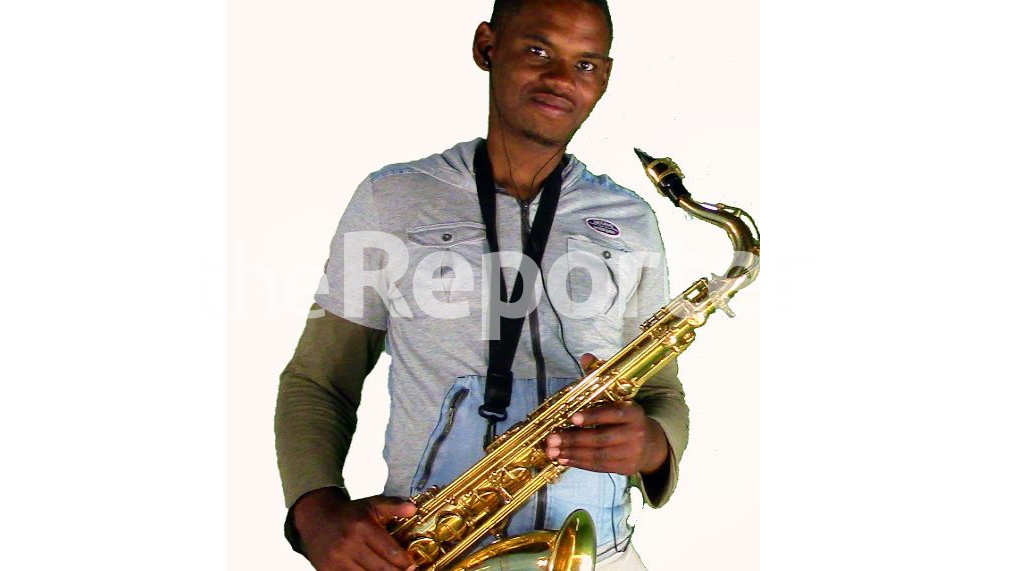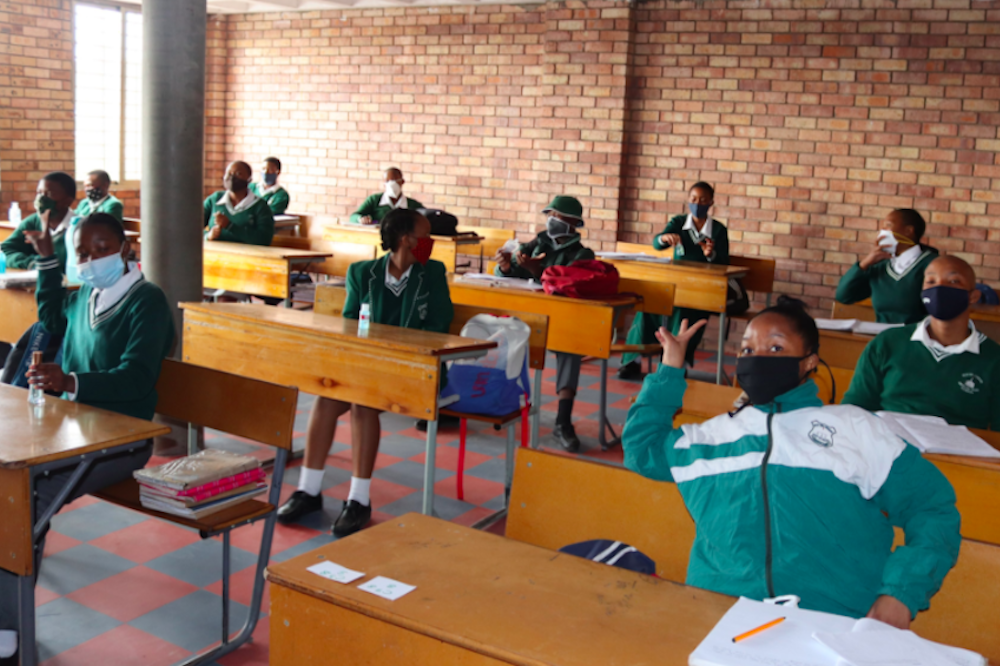Debate continues to intensify on government’s mulled amnesty law which seeks to allow perpetrators of politically motivated criminal acts, walk scot free, while their victims are left to lick their wounds. It talks to crimes committed since the dawn of the first coalition government of 2012. And with each day that passes, the debate becomes more acrimonious.
Here is the evidence. A citizen of this country wrote on social media: “Last night I watched a programme about the TRC in neighbouring South Africa that began soon after the first democratic elections in that country. The panel consisted of the son of one of the Cradock four killed by the apartheid regime, Lukhanyo Calata.
“Thirty-six years down the line, he is a very bitter and angry man. He feels that justice has not been done for his father and other numerous victims of the apartheid security apparatus. Shielding perpetrators of heinous crimes from prosecution clearly is not the pathway to peace and reconciliation.
“As a South African, Dikgang Moseneke, a retired judge, should know this. What then is the motive behind the advocacy for this to be imposed upon Basotho? When the rule of law is circumvented for political expediency and tyranny, the wronged are bound to seek vengeance using unlawful means. Be careful of what you wish for. Be very careful!!”
Sentiments like this cannot be ignored. And government would be better advised to look both sides of the road before crossing.
There is a real danger of victims of politically motivated crimes resorting to vigilantism to get the justice that the system has denied them.
Not only that, but we have people in our society who are victims of the political violence that engulfed the country from as far back as 1970. What about them? Do they not deserve justice, too?









